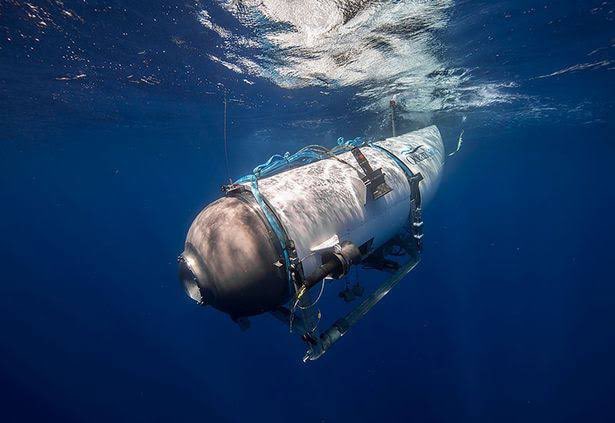The world gasped unanimously when the clock struck 7:08 am EST on Thursday as that was theoretically the deadline given out by OceanGate for oxygen to run out for Titan Five trapped in the missing submersible which vanished en route to surveying the Titanic wreckage in the Atlantic Ocean on Sunday.
The deadline came and went and yet there is no word on when the five passengers onboard the submersible are going to be rescued. There are a lot of questions on people’s minds. Are the Titan Five out of oxygen? Are they still alive? Is there still a chance they will be rescued from the submersible, which is yet to be located?
Unfortunately, many of the questions have not been answered by the marine officials still engaged in a desperate search to find and rescue the people onboard the submersible. The US Coast Guard has insisted that the search and rescue mission is “still in an active search” and they are not planning to shift to a recovery phase any time soon. The recovery phase begins when it is assumed that the passengers can no longer be rescued alive. The process begins to recover their bodies.
Did Titan Five run out of oxygen?
The official word is that they have theoretically run out of breathable air. The electric power inside the vessel may have been lost, meaning that vital “scrubbers” designed to filter out toxic levels of CO2 have switched off. This means with rapidly falling O2 levels, carbon dioxide levels in the air will be on the rise.
If too much CO2 floods the bloodstream, it can cause hypercapnia or asphyxiation.
Also Read | All about the rescue team searching for missing Titanic submersible
However, the timeline for that to happen might not be fixed. Dr. Ken LeDez, a hyperbaric medicine expert at Memorial University in St John’s, Newfoundland, told BBC News some of the passengers in the submersible could survive longer than expected.
“It depends on how cold they get and how effective they are at conserving oxygen,” he said. He added that shivering at freezing ocean bed temperatures will use up a lot of oxygen. The Titan Five can try to huddle together to conserve heat.
He also added that running out of oxygen was a slow and gradual process. “It’s not like switching off a light, it’s like climbing a mountain – as the temperature gets colder and metabolism falls [it depends] how fast you ascend that mountain,” he said.







